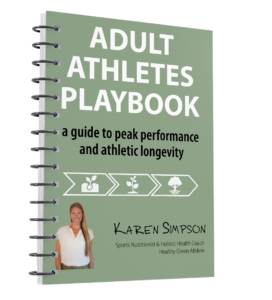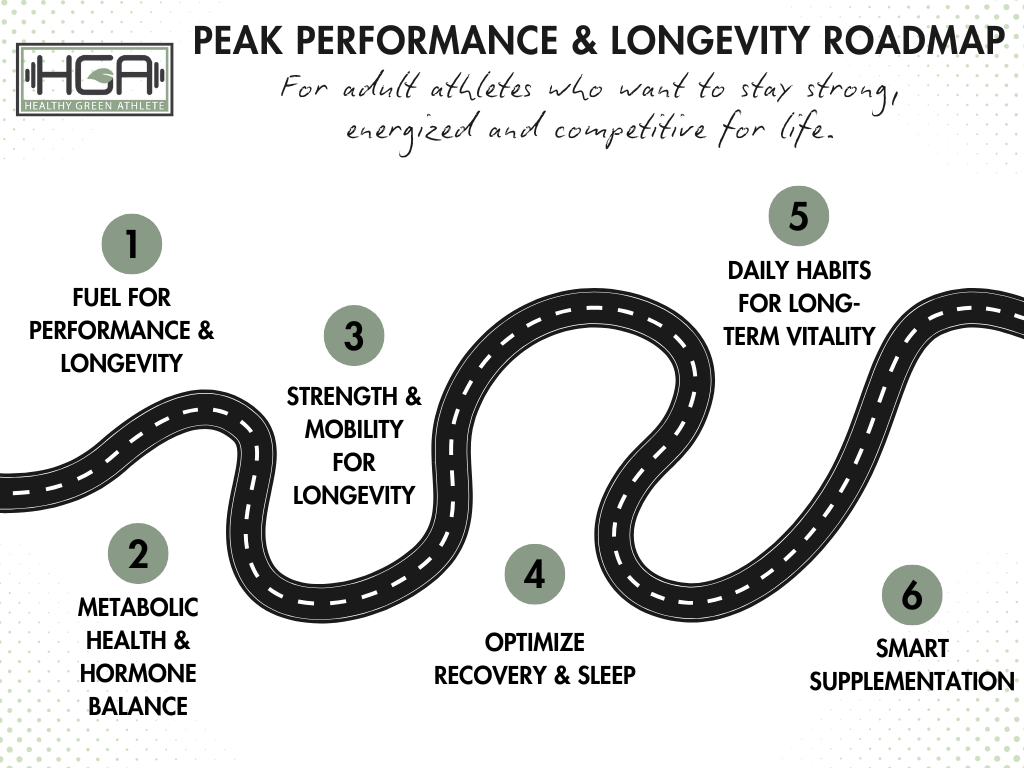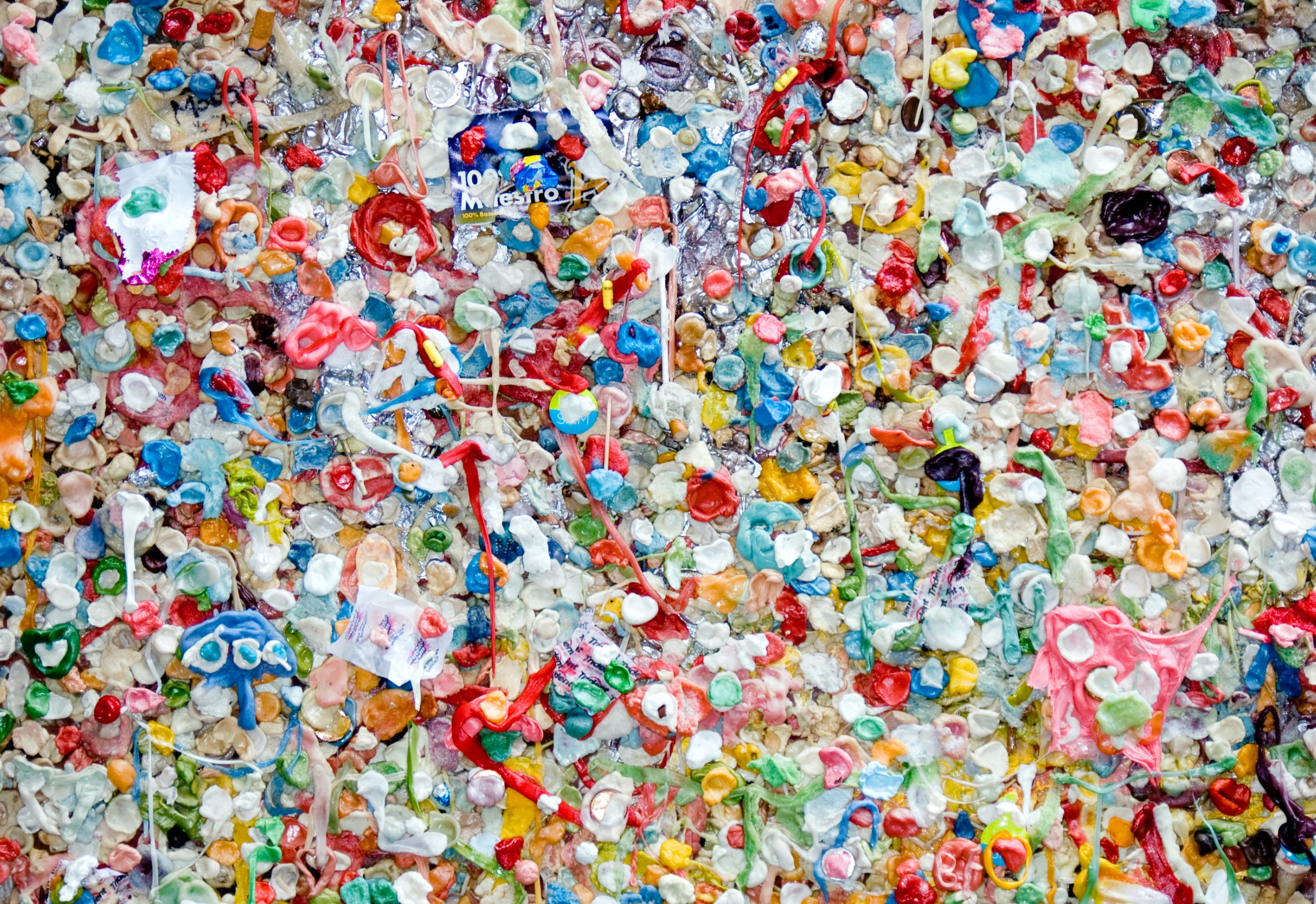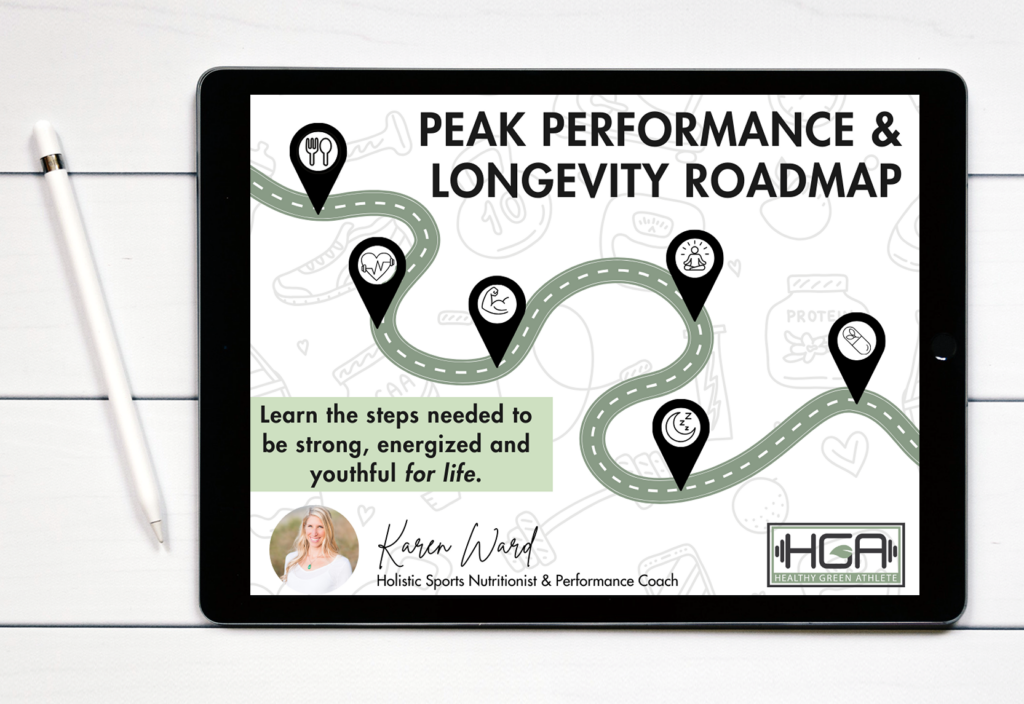Read time: 4 minutes, 30 seconds
Aging, an inevitable part of life, has fascinated and perplexed humanity for centuries. While we cannot halt the relentless march of time, researchers have made tremendous strides in understanding the processes that drive aging. Among the many factors at play, gerontogens have emerged as key players in the aging puzzle. In this blog post, we will delve into what gerontogens are, explore some examples, and understand why we should strive to avoid them.
What are gerontogens?
Gerontogens are substances or factors that accelerate the aging process or increase the risk of age-related diseases. The term “gerontogen” derives from the Greek words “geron” (meaning old man) and “genes” (meaning born of), implying factors that give rise to old age. These agents can impact various aspects of cellular function, contributing to the gradual deterioration that accompanies aging.
Understanding gerontogens is crucial because they shed light on the complex interplay between genetics and environment in the aging process. While genetics plays a significant role in determining an individual’s aging trajectory, environmental factors, including gerontogens, can modulate these genetic influences.
Types of gerontogens
Gerontogens can be found in a variety of sources, from the environment to our lifestyle choices. Here are some common ones:
Ultraviolet radiation

Excessive exposure to UV radiation from the sun or tanning beds can lead to premature aging of the skin. UV radiation damages collagen and elastin fibers, causing wrinkles and fine lines. It also increases the risk of skin cancer, a disease strongly associated with aging.
Smoking

Tobacco smoke contains numerous toxic chemicals that accelerate the aging process. Smoking contributes to wrinkles, sagging skin, and a dull complexion. It also raises the risk of cardiovascular diseases and various cancers, all of which are age-related conditions.
Poor diet

Diets high in processed foods, sugary beverages, and saturated fats can promote aging by causing oxidative stress and inflammation in the body. These processes are linked to age-related conditions such as diabetes, heart disease, and neurodegenerative diseases.
Chronic stress

Chronic stress, often a consequence of modern lifestyles, can accelerate aging by triggering the release of stress hormones like cortisol. Prolonged exposure to elevated cortisol levels can lead to muscle loss, weakened immune function, and cognitive decline.
Environmental toxins

Exposure to environmental toxins such as heavy metals (e.g., lead and mercury) and air pollution can have detrimental effects on the aging process. These substances can damage DNA, impair organ function, and contribute to chronic diseases.
Sleep deprivation

Inadequate sleep is a common modern problem that can promote aging. Sleep is essential for cellular repair and regeneration, and chronic sleep deprivation can lead to cognitive decline, weakened immunity, and increased susceptibility to age-related diseases.
Alcohol consumption

Excessive alcohol consumption can accelerate aging by damaging various organs, including the liver and brain. It can also lead to skin problems, including redness, puffiness, and premature aging.
Why should we avoid gerontogens?
Understanding what gerontogens are is only part of the equation. The more critical question is why we should strive to avoid them. Here are some compelling reasons:
Prolonged youthful appearance
Avoiding gerontogens helps preserve a more youthful appearance. Many of these factors contribute to the physical signs of aging, such as wrinkles, age spots, and sagging skin. By minimizing exposure to gerontogens, we can delay the onset of these age-related changes and maintain a youthful look for longer.
Enhanced quality of life
Aging is not just about how we look but also how we feel. Avoiding gerontogens can lead to a better quality of life as we age. By reducing the risk of age-related diseases, we can enjoy better physical and mental health, greater mobility, and a higher level of independence.
Longer lifespan
While we cannot completely stop the aging process, avoiding gerontogens can extend our lifespan. By reducing the risk of diseases associated with aging, such as heart disease, diabetes, and certain cancers, we can increase our chances of living a longer, healthier life.
Lower healthcare costs
Age-related diseases often come with significant healthcare costs. Avoiding gerontogens can reduce the burden on healthcare systems and personal finances by preventing or delaying the onset of these conditions. This, in turn, can lead to a more economically sustainable society.
Scientific advancements
Avoiding gerontogens contributes to ongoing scientific research on aging. Understanding the impact of these factors on the aging process can lead to the development of targeted interventions and therapies to slow down aging and reduce the associated health risks.
Environmental impact
Some gerontogens, like air pollution and environmental toxins, not only affect human health but also harm the environment. Reducing exposure to these substances benefits both human populations and the planet.
How can we avoid gerontogens?
Now that we understand the importance of avoiding gerontogens, let’s explore some strategies to minimize our exposure to these aging accelerators:
Protect your skin from UV radiation.
Use sunscreen, wear protective clothing, and avoid excessive sun exposure, especially during peak hours. These measures can protect your skin from premature aging and reduce the risk of skin cancer.
Quit smoking. And vaping.
If you smoke, quitting is one of the most significant steps you can take to slow down aging and improve your overall health. Vaping may be slightly less toxic but still very harmful and contributes to premature aging. Seek support and resources to help you quit smoking successfully.
Eat more vegetables.
Embrace a diet rich in fruits, vegetables, whole grains, lean proteins, and healthy fats. Limit processed foods, sugary snacks, and high-sugar beverages to reduce oxidative stress and inflammation.
Manage stress.
Incorporate stress-reduction techniques into your daily routine, such as meditation, yoga, or mindfulness. Managing stress can help lower cortisol levels and mitigate its aging effects.
Limit exposure to toxins.
Take steps to reduce your exposure to environmental toxins. This may include using air purifiers, drinking filtered water, and being mindful of the products you use in your home.
Prioritize sleep.
Aim for eight to ten hours of quality sleep per night. Establish a consistent sleep schedule and create a sleep-conducive environment to support your body’s repair processes.
Drink alcohol sparingly.
If you consume alcohol, do so in moderation. Limiting alcohol intake can help protect your liver, brain, and overall health.
In summary...
Gerontogens are the hidden culprits that contribute to the aging process and increase the risk of age-related diseases. Understanding what they are and why we should avoid them empowers us to take control of our aging journey. By making informed lifestyle choices and minimizing exposure to gerontogens, we can slow down the clock, enjoy a longer and healthier life, and contribute to ongoing scientific advancements in the field of aging research. Aging may be inevitable, but it doesn’t mean we can’t age gracefully and healthily.
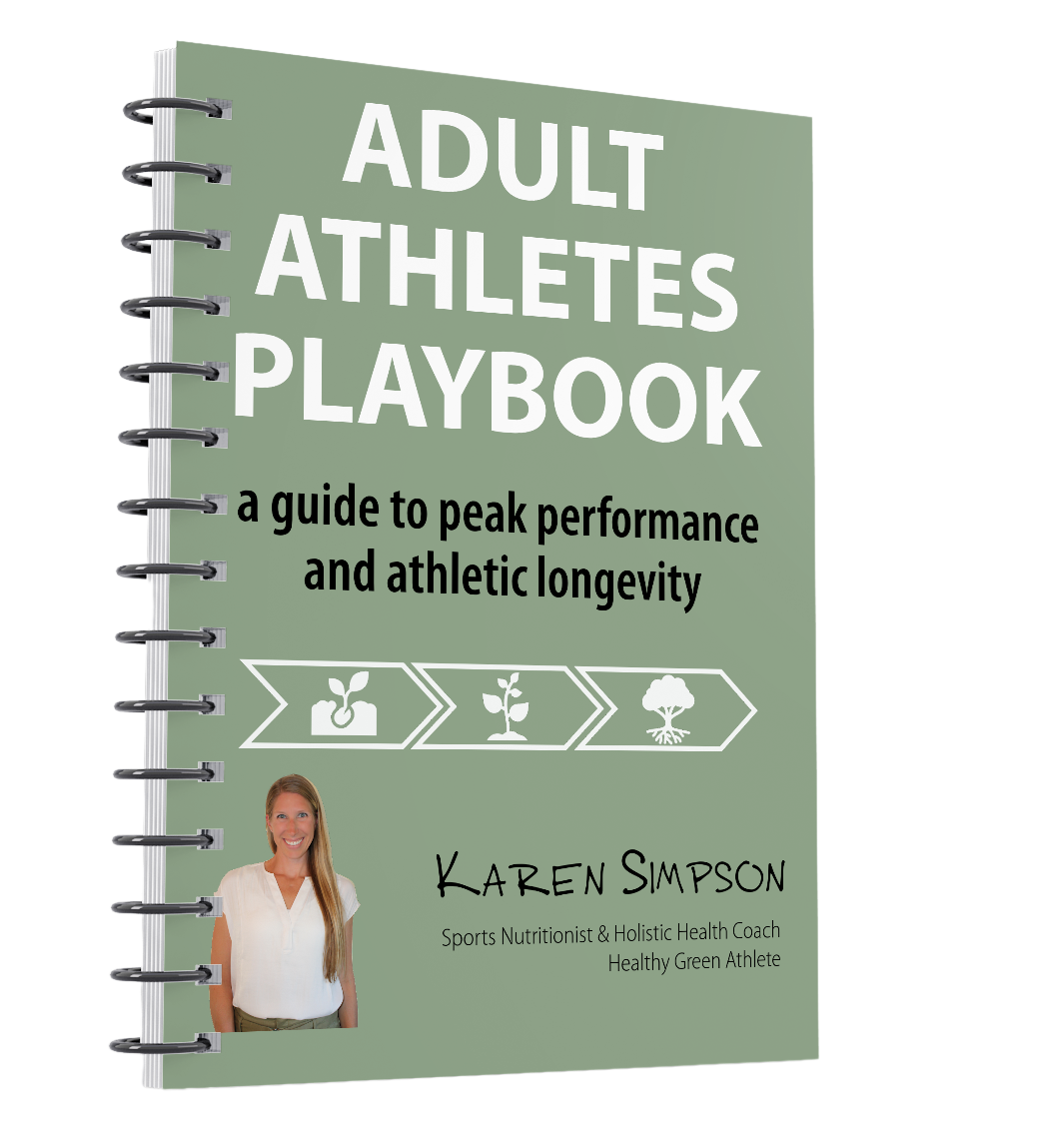
Adult Athletes Playbook
A Guide to Peak Performance and Athletic Longevity
This playbook will help you develop and implement a personalized game plan for improving athletic performance.


